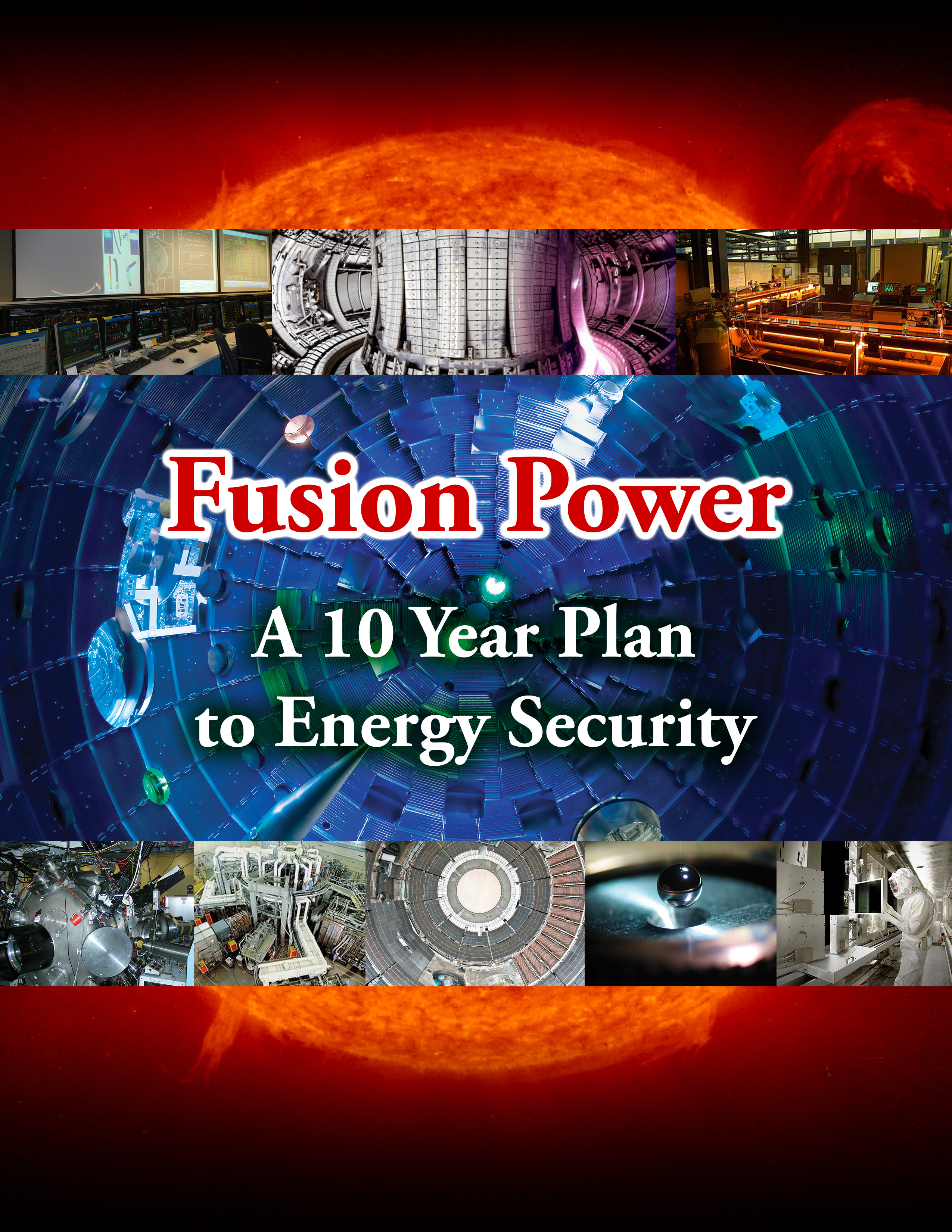
Can Fusion Energy Foster Cooperation Amongst Enemies?
Cheap and sustainable energy are one of the many tangible benefits that fusion energy has to offer. But there are also unquantifiable benefits to the research between countries on fusion energy that can foster cooperation and good relations. Science diplomacy, the term used to describe scientific cooperation, has the capacity to transcend diplomatic and state-level disputes and ensure that states work together toward a common goal. There are countless examples of scientific cooperation among rivals like the 1975 Apollo-Soyuz Test Project which included Soviet Cosmonauts and American astronauts joining in outer space to conduct scientific experiments.
It is important that today, more than ever, countries begin to shift more of their diplomatic initiatives to emphasize scientific cooperation. Considering the globalized nature of many industries and the shared threats that every country faces, there are many prospects for scientific cooperation. More importantly, scientific cooperation may be able to thaw relations between rivals in the international systems and promote an environment more conducive to cooperation.
It seems as though fusion energy is providing that opportunity. Already, the U.S. is cooperating on the International Thermonuclear Experimental Reactor (ITER), a project involving the European Union, India, Japan, United States, Russia, China, and South Korea. This project intends on building a large fusion reactor and considering the immense costs associated with it is no wonder that several entities had to collaborate in order for the project to go forward. According to an American Security Project Fusion Fact Sheet on fusion energy, the goal of the project is solve the world’s energy problem by providing a, cheap, safe, and clean renewable resource. It is a laudable goal that can solve the world’s problems with energy, but only if there is cooperation.
Now, many U.S. companies are independently working with foreign countries to advance fusion research. One company based in New Jersey, Lawrenceville Plasma Physics, is working with Tehran’s Islamic Azad University to design a fusion machine. This news comes amid rising tensions over Iran’s nuclear program. Furthermore, a company in California, Tri-Alpha, is currently cooperating with Russian owned venture firm to develop fusion technology as well.
Relations between the U.S. and these countries are strained for many reasons. But even in the midst of these rivalries, scientific cooperation is happening. Could this provide an impetus to friendlier ties? Just like scientific research knows no bounds, neither does the potential for scientific cooperation.





